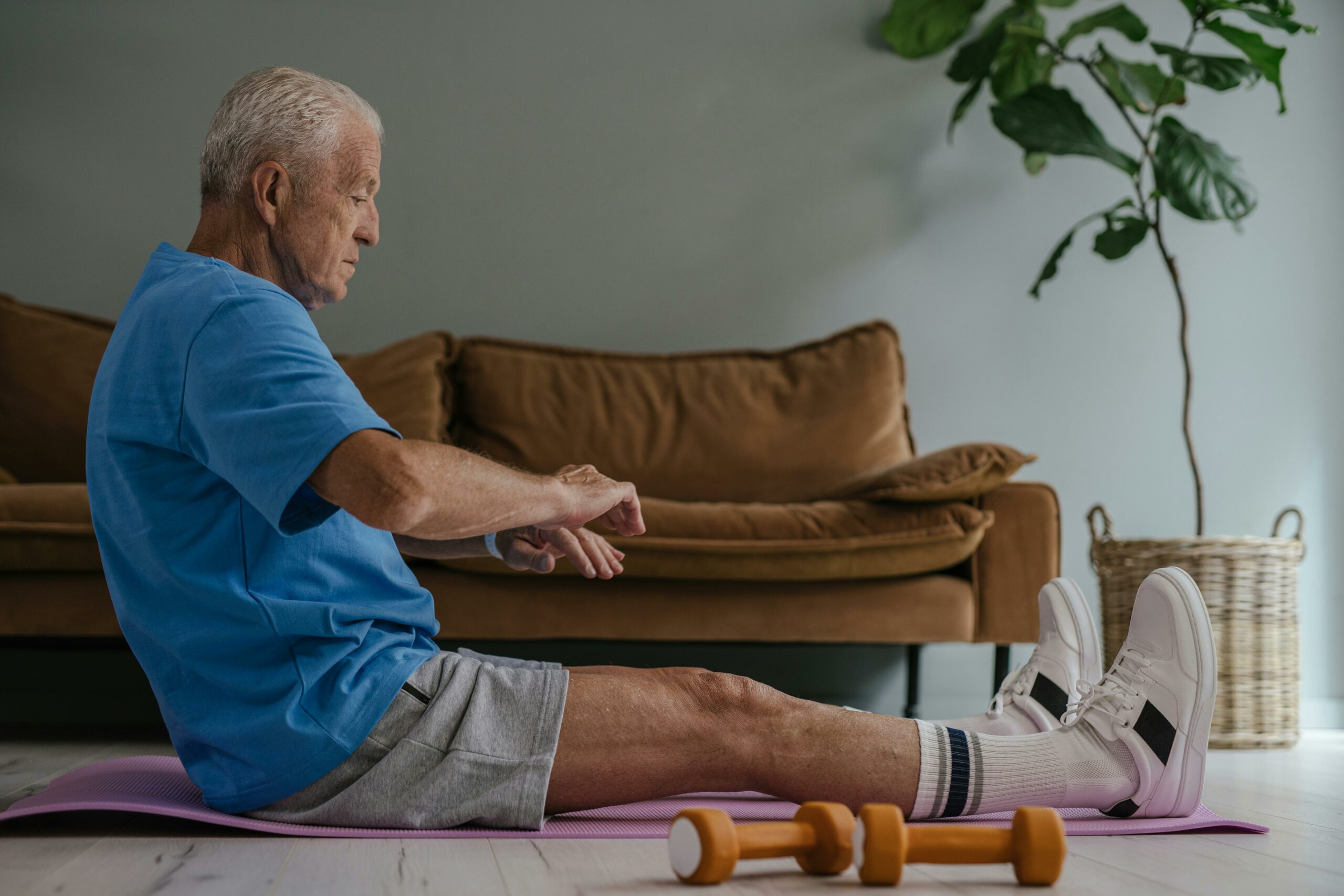August is National Civility Month—a time to reflect on the importance of kindness, respect, and courtesy in our daily lives. While many people associate civility with good manners or polite behavior, its benefits go far beyond social harmony. Emerging research suggests that practicing civility is not only good for our communities, but it can also be good for our hearts.
Managing physical risk factors like high blood pressure, cholesterol, and diet is essential to maintaining cardiovascular wellness. But the power of emotional and mental well-being should not be underestimated. That’s why National Civility Month is a perfect opportunity to look at how simple acts of kindness can boost both your mood and your heart health.
The Science Behind Kindness:
It may surprise you to learn that being kind causes chemical changes in your body. When you help someone, smile at a stranger, or even say something supportive, your brain releases a hormone called oxytocin. Sometimes referred to as the “love hormone,” oxytocin plays a key role in bonding and emotional regulation. But it also has direct effects on your cardiovascular system.
Oxytocin helps lower blood pressure by dilating blood vessels and reducing stress hormones like cortisol. Lower blood pressure means less strain on the heart and arteries, which reduces the risk of heart attacks and strokes. Plus, oxytocin has been shown to reduce inflammation, another major contributor to heart disease.
In short, a kind word doesn’t just make someone else feel good—it can help protect your heart, too.
Ease Your Stress
Civility also promotes calm and reduces stress. Chronic stress is a known risk factor for heart disease. When you’re in stressful or confrontational situations, your body produces adrenaline and cortisol, which increase heart rate and blood pressure. Over time, that stress load can wear down the cardiovascular system and can lead to a heart attack or stroke.
Choosing to act with patience, listen respectfully, and avoid conflict when possible can keep your stress levels lower. Even when you’re on the receiving end of rudeness, responding calmly can benefit your own health.
Practicing mindfulness, deep breathing, and empathy in those moments helps reset your nervous system—and that’s something your heart will thank you for.
Small Acts, Big Impact
You don’t have to overhaul your life to see the benefits. Civility can be built into your daily routine with small, intentional actions:
- Hold the door open for someone behind you.
- Send a thoughtful text to a friend.
- Let someone merge in traffic with a wave and a smile.
- Say “thank you” and “please” sincerely and often.
- Compliment a co-worker’s hard work.
These acts may seem simple, but they create a ripple effect. They improve your mood, build social bonds, and support a sense of community.
All of these things have been linked to improved heart health and longevity. In fact, studies show that people who volunteer regularly have a lower mortality rate and live longer.
Civility in Health Care
Here at the Heart Health Associates of Connecticut, we also recognize the importance of civility in healthcare settings. Patients who feel respected and listened to are more likely to follow through with treatment plans and make healthy lifestyle changes. Likewise, when staff treat each other with kindness and courtesy, it fosters a supportive environment that benefits everyone’s well-being.
We encourage our patients, staff, and community members to treat every interaction as a chance to be kind. Whether you’re coming in for a routine checkup or supporting a loved one through their heart care, civility creates a healing space for all.
A Heartfelt Challenge
As we celebrate National Civility Month, we challenge you to practice one act of kindness each day. It could be as simple as offering a smile or as thoughtful as writing a note of appreciation. These moments matter—to your relationships, to your sense of connection, and to your heart health.
Remember: kindness isn’t just a virtue. It’s a wellness strategy. Take care of your heart by taking care of others—and yourself—with kindness. Let’s make civility part of every heartbeat.
Be kind to your heart. Learn more about how we can help by calling HeartCare today for a free consultation.










